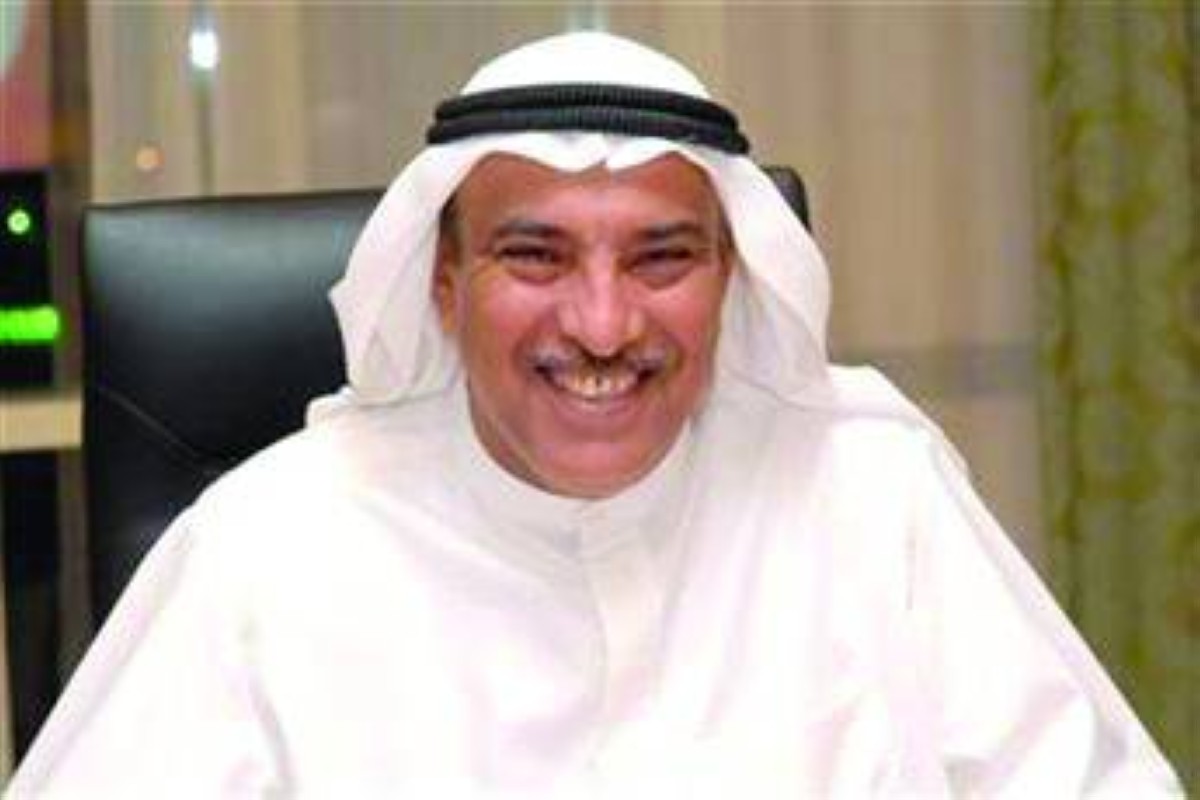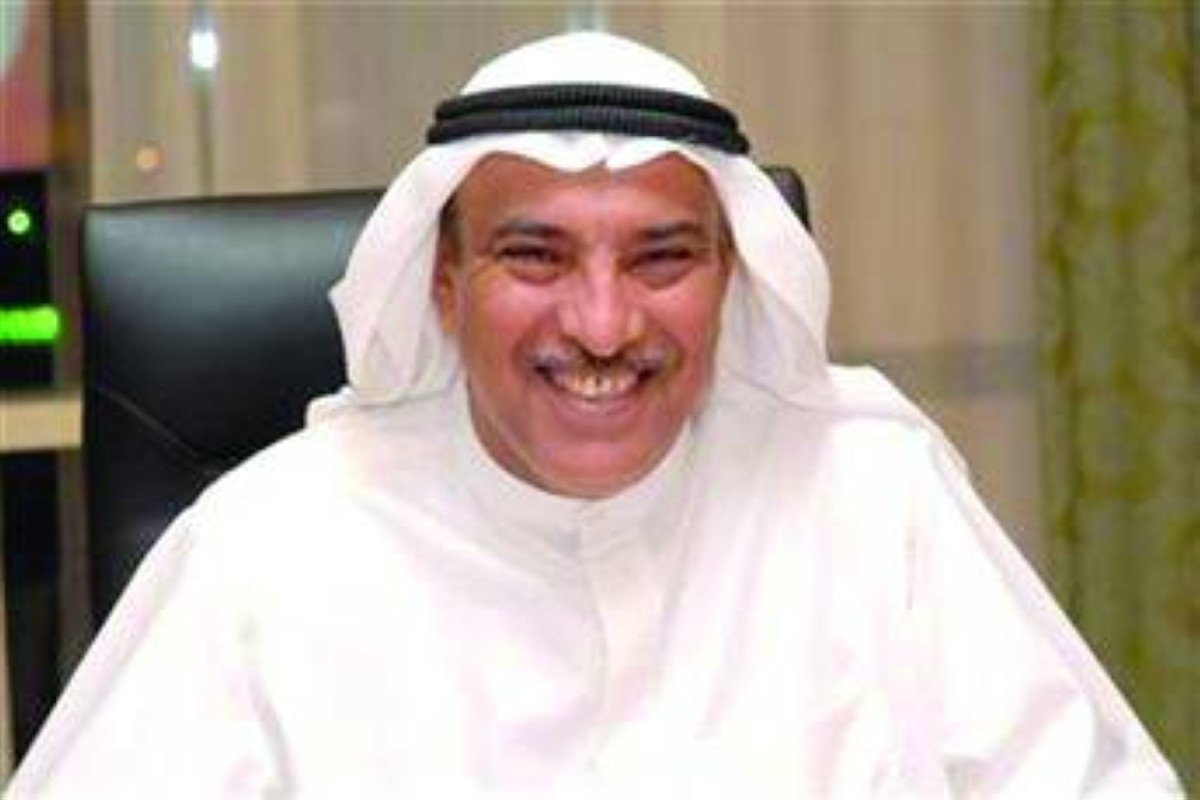During the brutal Iraqi invasion of Kuwait in 1990, many voices in the United States, both within the public and the media, urged President George H W Bush not to engage in the war to liberate Kuwait. Hundreds of Americans even demonstrated in front of the White House to express their opposition.
A journalist asked the then US President: "What will you do about these crowds?” President Bush’s response provides a perfect example for the purpose of this column. He answered clearly: "If I listened to them, the United States would not be the strongest country in the world.”
Politics is the art of leadership. All definitions and interpretations of politics inevitably revolve around this concept. But what we often hear today from individuals who are metaphorically called politicians — and sometimes experts — are not reflections of leadership. Most of them are simply opinion-holders, and the difference between opinion-holders and decision-makers is huge.
Opinions serve multiple purposes. Some are driven by noble intentions and grounded in scientific analysis of reality, but these are regretfully the minority. The majority are linked to personal whims or interests. During times of crisis, the number of opinion-holders who base their views on self-interest tends to grow.
Today, we live in a noisier time than in 1990. With the omnipresence of social media platforms, anyone can now hold a microphone and broadcast their views to the world. As a result, more and more people, armed with personal opinions, wear the uniform of political commentators, offering advice — or even warnings — to the leaders of their countries.
Understanding the difference between a politician and an opinion-holder is important because political leaders should not feel compelled to act on every opinion they hear. The few who express opinions sincerely, without hidden motives or foreign influence, often fail to differentiate between a poll and a survey. This makes it impossible for them to gauge the truth of what the people want, as most of their statements are based on personal desires or wishes, rather than objective data.
It is therefore advised that political leaders listen to accredited, scientific research institutions that provide accurate, evidence-based information. Leaders should not be swayed by the loud voices of the public, as doing so risks losing the compass of true leadership.
Successful politics requires leaders with the vision and courage to lead, with unique talents and abilities that cannot be swayed by fleeting opinions or media pressure. Some world leaders become confused by public opinions and media pressure, leading their countries into regression.
The countries that succeed are those where politicians know the reality of opinions, and where they lead with the support of both their own will and the will of those with wisdom among their people. This is the essence of true politics.
local@kuwaittimes.com



